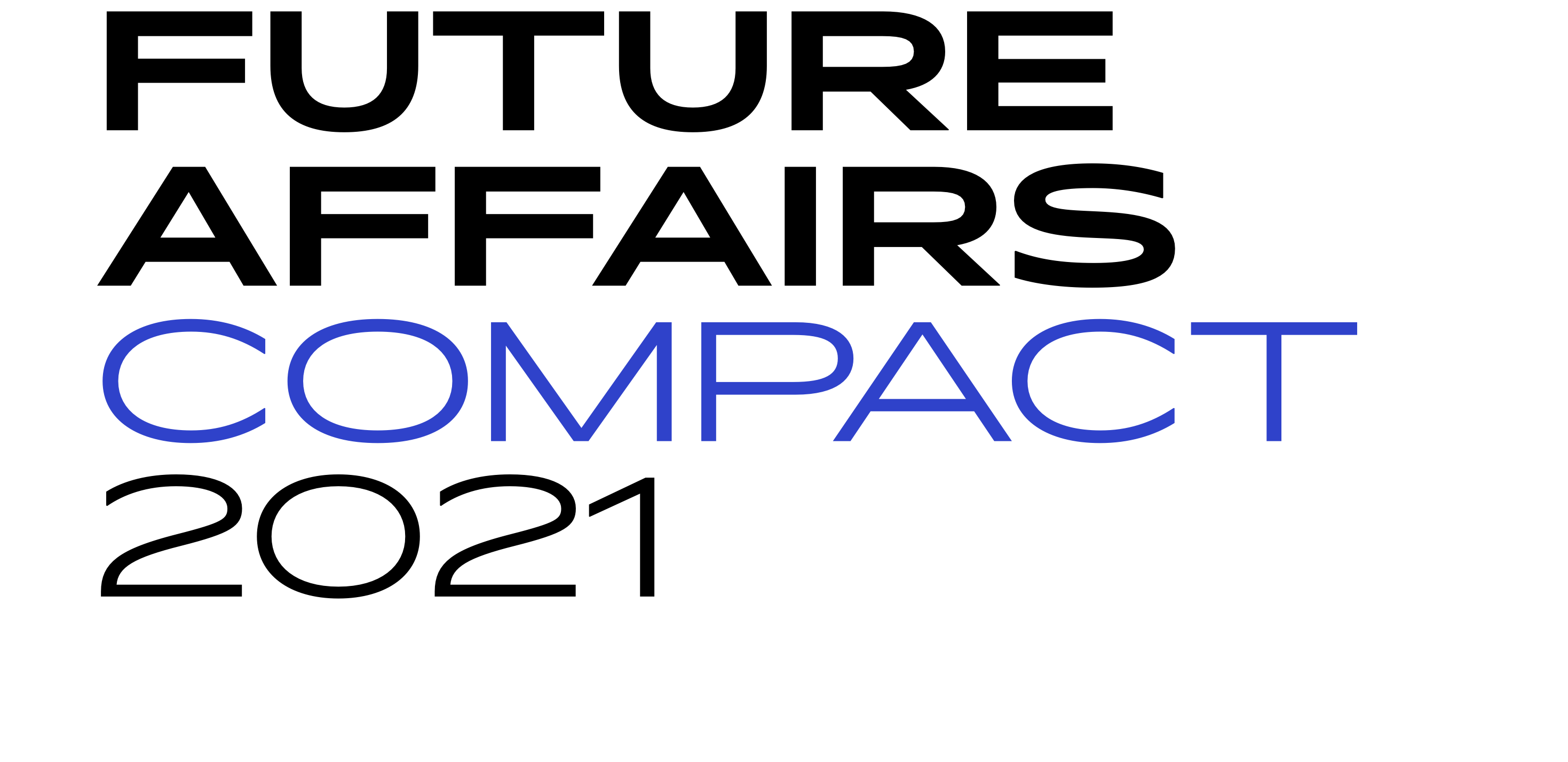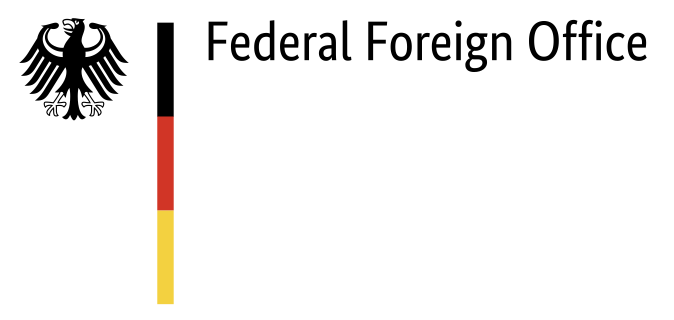Over the past years’ public communication and political debates have been marked by a fundamental shift to internet-based platforms and digital media channels. In this environment social media have become one of the main pillars of information and communication infrastructure, with essential influence on our public and democratic systems. Political elections and the ongoing Covid-19 pandemic have highlighted the chances and risks social media pose to democratic systems in Europe, Latin America and the Caribbean (LAC). The use of social media allows for more inclusive, transparent, and participative public debates, to name a few benefits. However, the immediate exchange of information on online platforms has exposed challenges for democracies and political systems. Online disinformation, manipulation of information and hate speech sow distrust in democratic institutions, cause political polarization and risks public disorder. Against the background of recent elections in both regions, the intentional spread of false information (disinformation) can disrupt key democratic processes and institutions. The question of how to better regulate and frame how disinformation is handled requires international cooperation and knowledge sharing between like-minded democratic countries. The Future Affairs Compact addressed the “Chances and Risks of Social Media for Democracy” in a dialogue forum in October 2021. Following the Future Affairs in May 2019 and December 2020, this edition focused on the relevance of social media for democracy and the threat of disinformation to democratic systems. The dialogue was moderated by Ms. Carolina Chimoy, Deutsche Welle Correspondent in Washington D.C., with speakers from government, academia, and civil society.
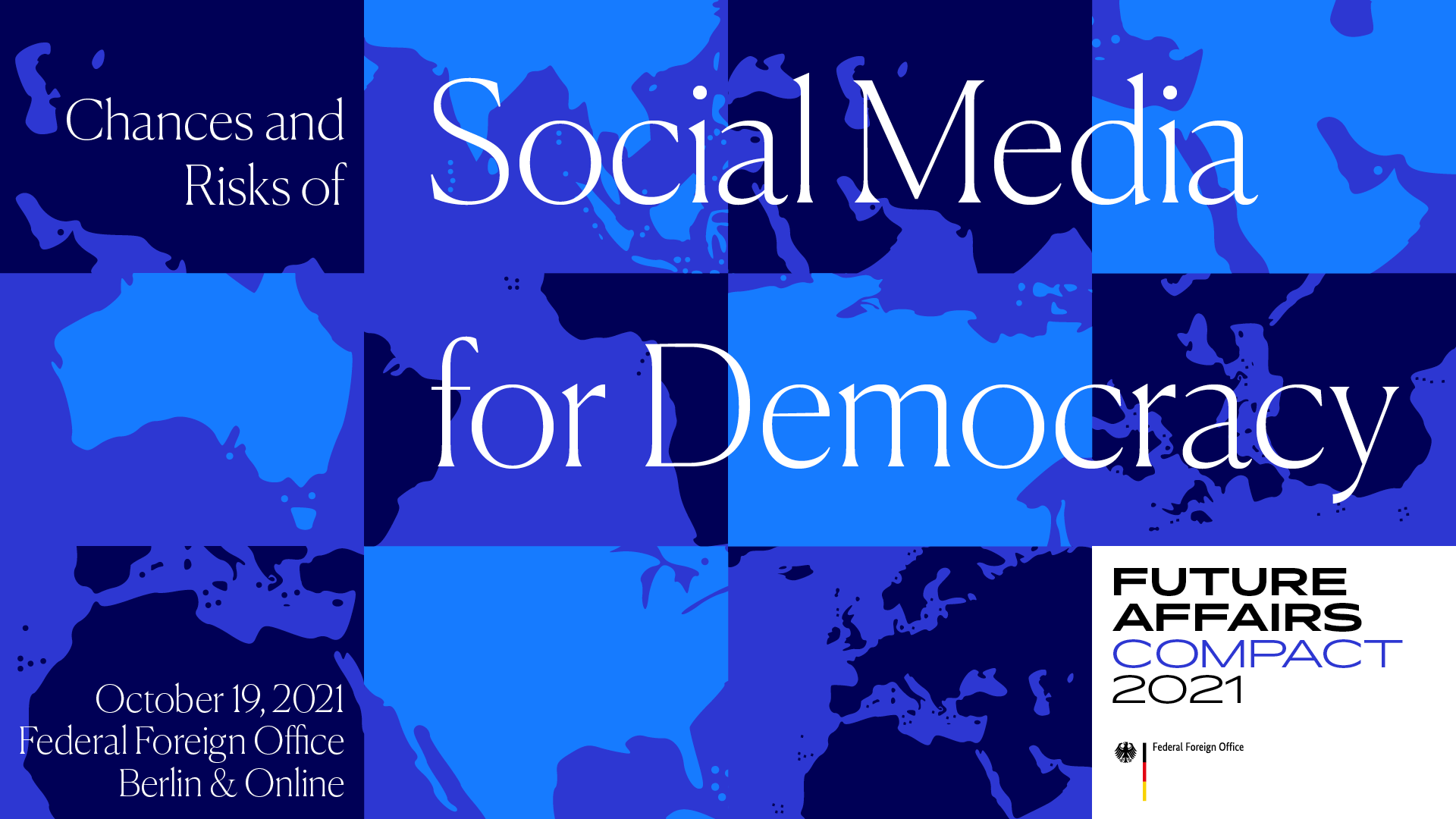
Topics + Best Practices
The following chapter presents a comprehensive summary of the main topics and examples being discussed during the three panels at the Future Affairs Compact 2021.
Topics and Bestpractices #1
Governance and Regulation
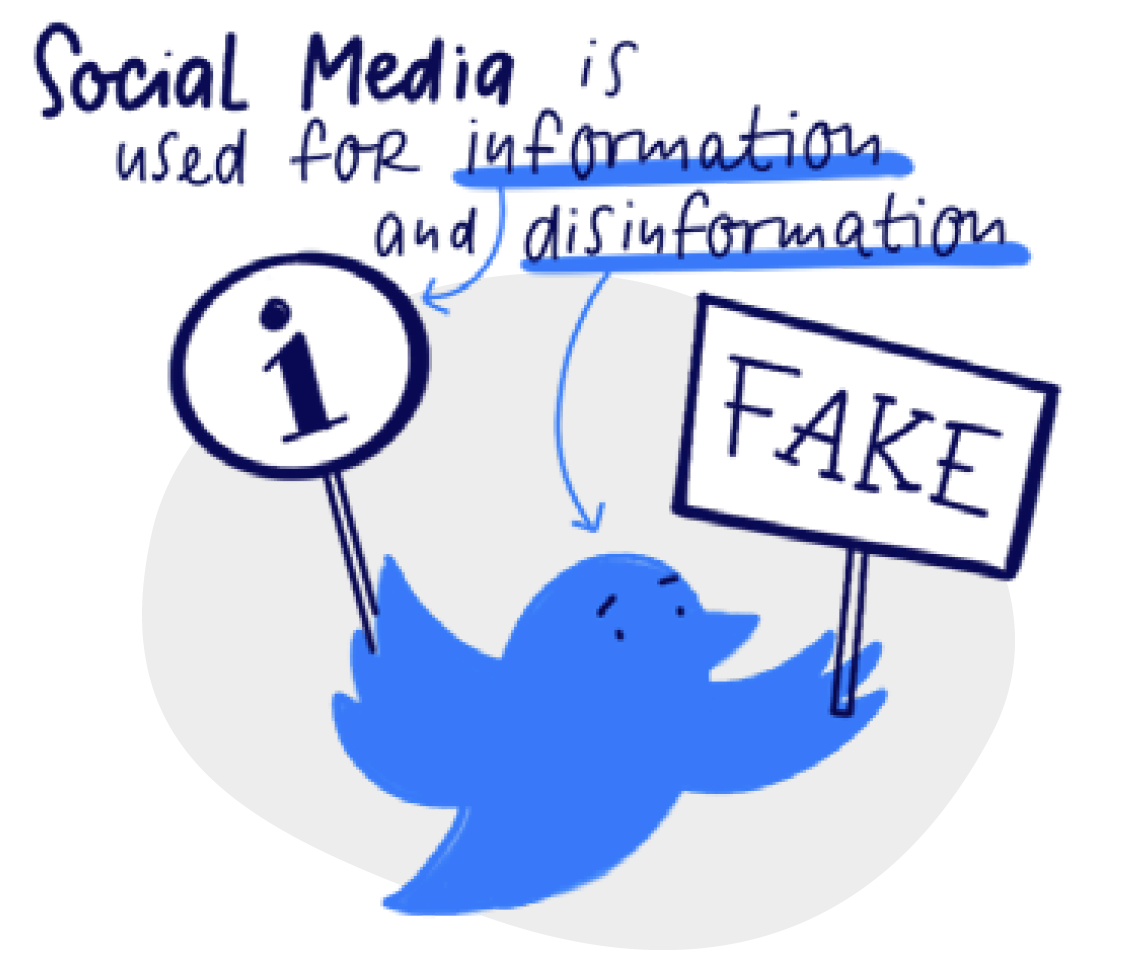
Considering the fundamental changes in social communication over the last years and the harmful ways social media are used, democratic governments recognized the need to stronger govern the digital sphere. Thereby decision makers face the challenge of regulating online platforms on disinformation, hate speech or other harmful content without infringing on fundamental democratic rights such as freedom of expression. These rights are foundational for lively public debates and open exchange. However, the dissemination of dis-/misinformation on social media has gained impact on democratic systems and the harmful effects of targeted disinformation has been underestimated for a long time. Today there is a broader awareness that disinformation does not occur in isolated cases but is widely used at the service of political or individual interests to destabilize democratic systems, discredit institutions or obtain economic and political advantages. For instance, in Europe there is hardly any major political and public subject that has no (foreign) interference in terms of disinformation. Consequently, democratic governments acknowledge that strong regulatory responses and resilient frameworks are required to counteract such threats.
The Internet & Jurisdiction Policy Network (I&JPN) Toolkits are a landmark policy resource for policymakers and practitioners seeking to develop better policies for the digital era. Download the Internet & Jurisdiction Policy Network (I&JPN) Toolkits
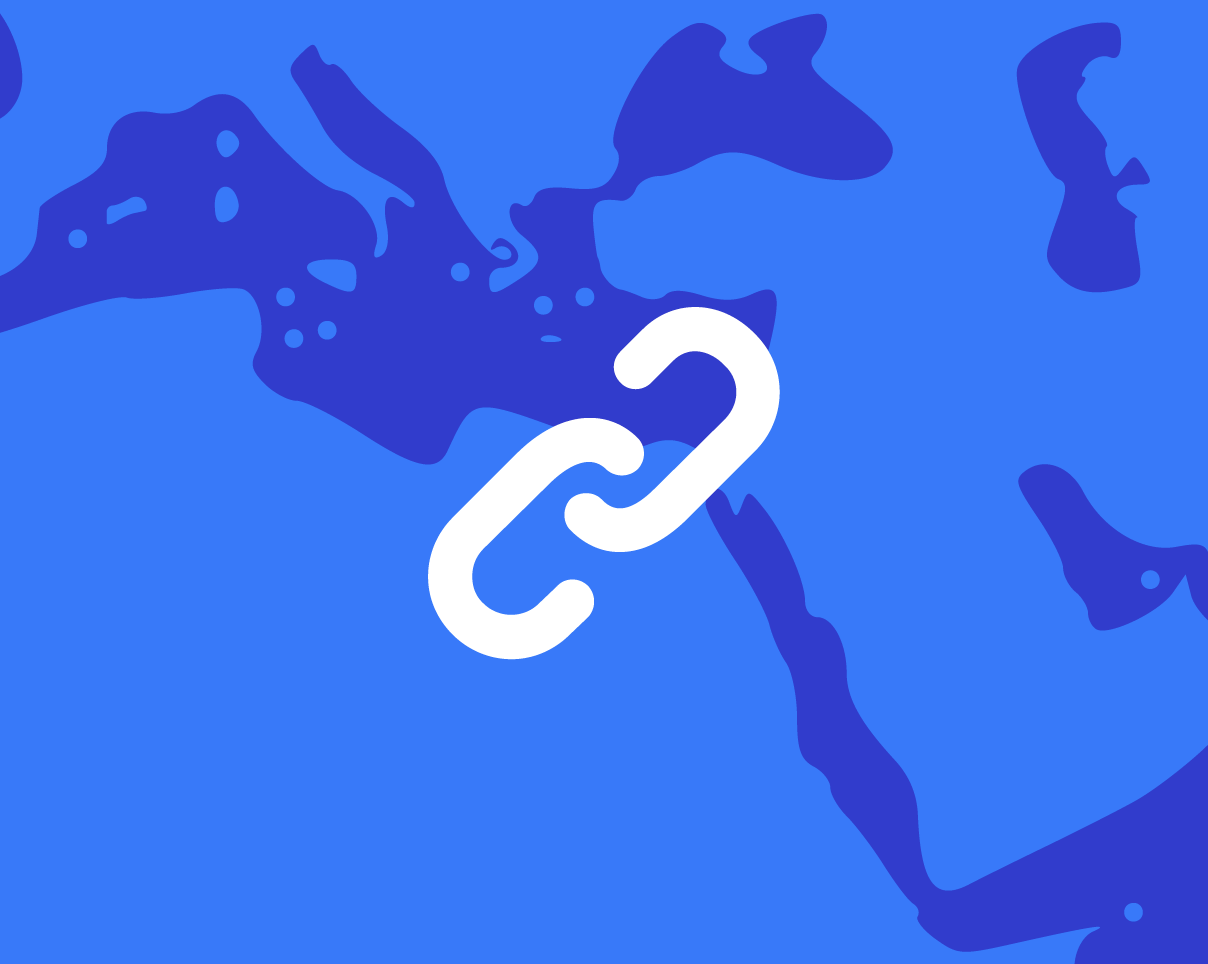
The regulation of online content lies in the realm of a state’s (digital) sovereignty and legal frameworks have to be upheld in the digital sphere in the same way – What is illegal in the real world is illegal in the digital world as well. Hence, the regulation of social media should not be left to private actors controlling social media platform infrastructure and access of users. For instance, content moderation has been highly contested, as up to now private actors have mostly been the ones deciding on how to deal with dis-/misinformation on their platforms. This is problematic given that social media platforms are no public good but serve private interests and follow a business model that focuses on generating profit instead of serving public purposes. In addition, not all social media platforms have the same capacity for content regulation, given their resources and technological capabilities.
The Digital Markets Act seeks to ensure fair and open digital markets.
The Digital Services Act establishes a set of rules to ensure a safe and accountable online environment.

Topics and Bestpractices #2
Transparency and Awareness
To build an inclusive and democratic online information environment, social media providers can be an important part of the solution. As governments are aware that people worldwide, especially the youth, increasingly inform themselves and communicate through social media platforms, they use these platforms for their own ends. For instance, governments seek to foster democratic values through public communication and participation online. The German Federal Foreign Office, for example, has authorized all embassies and consulates to open social media accounts to provide and disseminate official information. Similarly, in Argentina, the focus has been to guarantee full access to internet and online technologies for the entire population, with the aim of using them as a tool for inclusion and information, i.e. during the Covid-19 pandemic.
Confiar is an online portal in Argentina for fact checking and information on topics and news related to COVID 19
Confiar / Telam
(telam.com.ar)

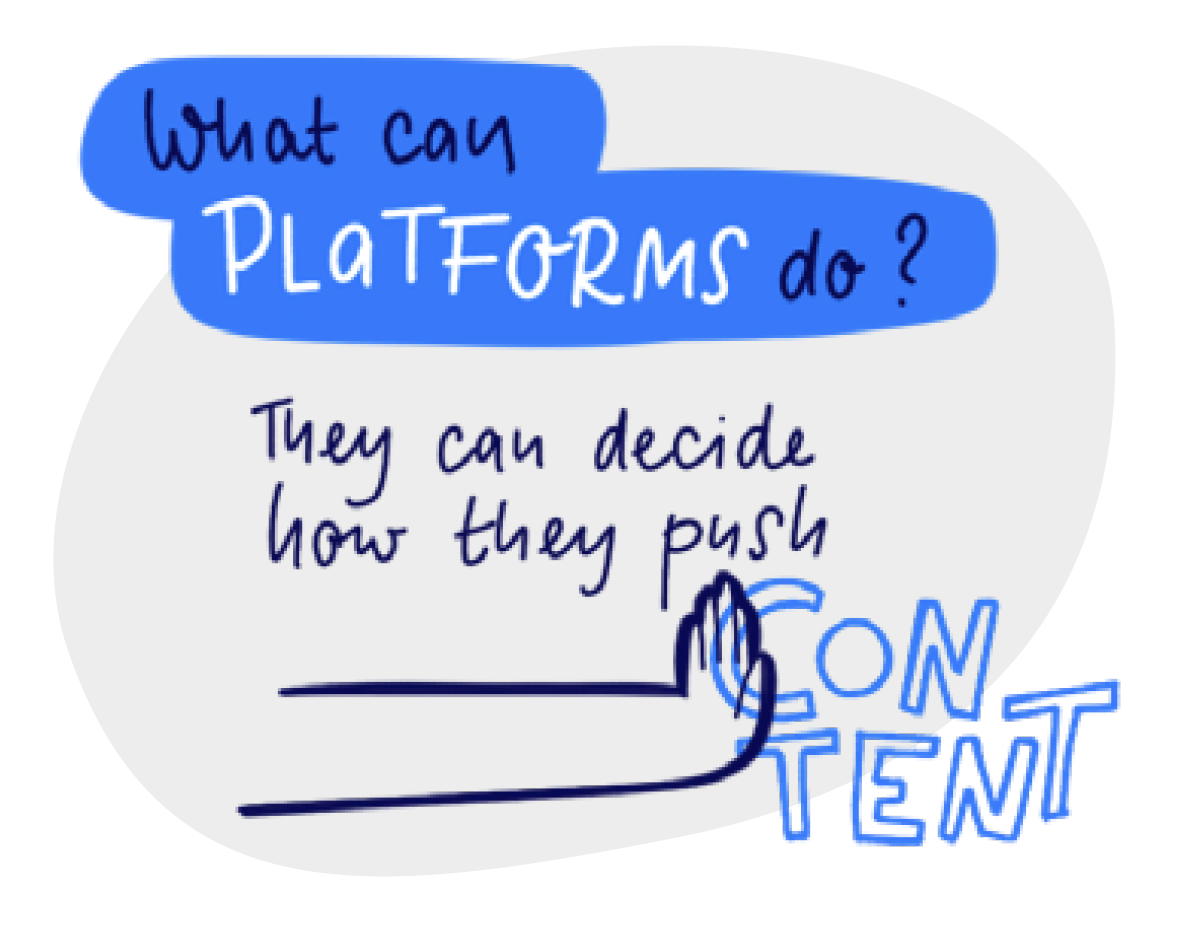
Online communication and the flow of information in the digital sphere became transparent through social media in a way it has never been visible before. Social media platforms provide the necessary infrastructure and technology (algorithms) and give access to users following their terms of service. This leads to an enormous influence by platform providers on social communication as they are making editorial decisions of what is being published or not and by whom.
Topics and Bestpractices #3
Digital and Media Literacy
In the past, the ability to inform the public and spread news was left to a small elite and media functioned as a “one to many” communication. This has changed with the rise of social media, which allows for a “many to many” communication. Consequently, media consumption of people has diversified, and online platforms empower marginalized citizens with no or limited access to traditional media by providing access to public communication and political debates.
LATINNO is the first comprehensive database documenting participatory innovations in Latin America.

Considering that people increasingly use social media as a news source and that the amount of online information has multiplied, it became more difficult to navigate through online content and decide whether something is right or false. Adding the speed and quality in which information is spread and manipulated there is a need to go beyond regulatory measures tackling mis-/disinformation. Awareness raising as well as digital and media literacy of users, content moderators and decision makers has to be part of the way forward.
Chequeado is one of the main fact-checking platforms in Latin America.
PortalCheck is an initiative to present useful resources on how to check information and not share misinformation.

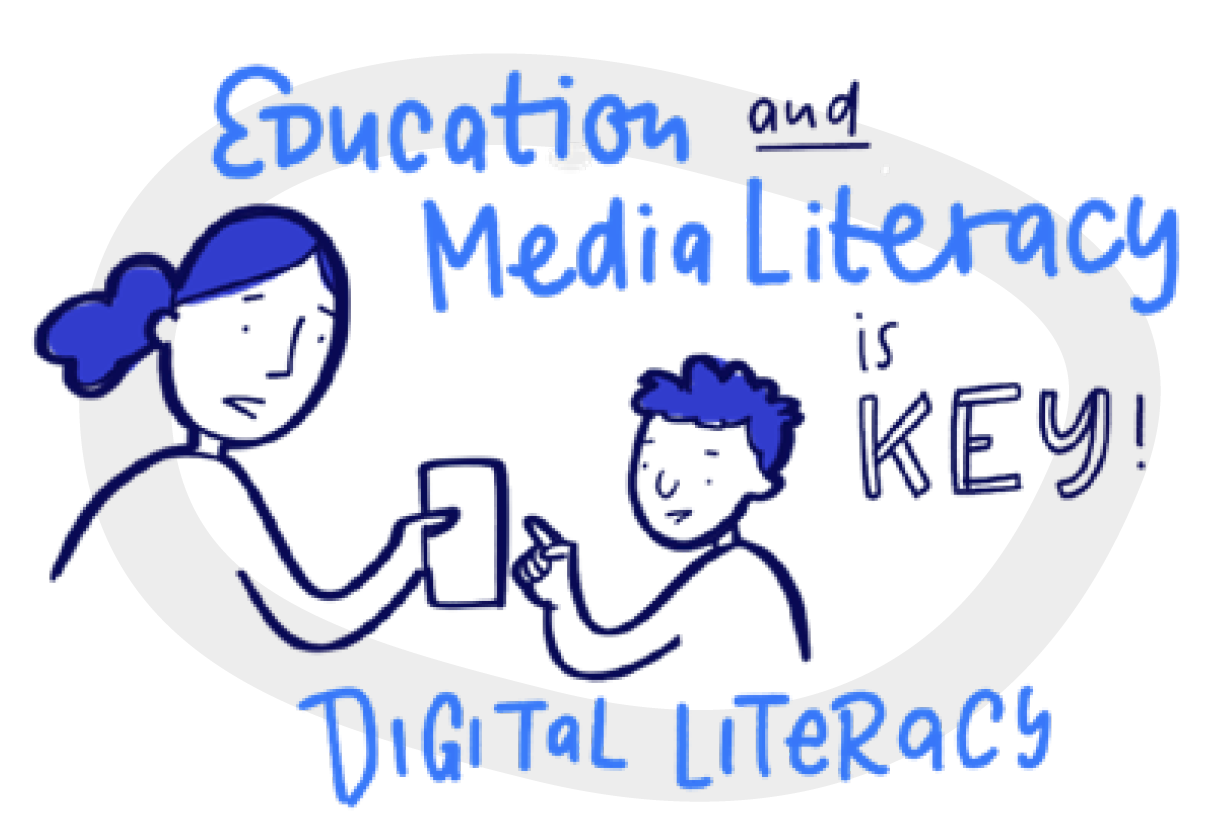
All in all, improving digital and media literacy together with factchecking skills are the basic set of competences for users’ and decision makers’ to critically analyse information and detect misleading or manipulated information.
Topics and Bestpractices #4
Knowledge sharing and the way forward
The discussions at the Future Affairs Compact 2021 highlighted existing consensus that measures to tackle mis- and disinformation in social media need to improve. However, the implementation remains contested and demands not only political will but also agile, inclusive, multi-stakeholder and nuanced approaches to succeed. There should be an ongoing dialogue between like-minded stakeholders (decision makers, experts and companies) on national experiences and suitable frameworks. It is also necessary to put in place international cooperation structures that allow to respond quickly to disinformation threats. To achieve that, continued support to media practitioners, researchers and civil society initiatives is required.
Nonetheless, the underlying problem of mis-/disinformation in social media goes hand in hand with the loss of quality of the democratic debate. As long as emotions prevail over argumentation and facts in political debates, social media will only continue to mirror divided and polarized societies. To return to a democratic dialogue where opinions are expressed in a respectful manner, an integral approach through regulation, transparency and adequate media education is essential.
Speakers and Institutions
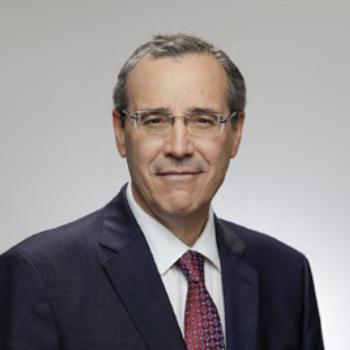
Mr. Miguel Berger
Mr. Miguel Berger is the State Secretary of the German Federal Foreign Office.

Ms. Carolina Chimoy
Ms. Carolina Chimoy is currently a US Correspondent in Deutsche Welle Washington Bureau.
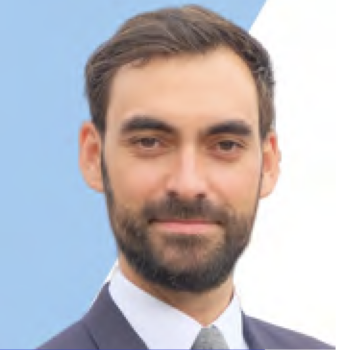
Mr. Paul Fehlinger
Mr. Paul Fehlinger is the Deputy Executive Director and Co-founder of the Internet & Jurisdiction Policy Network.
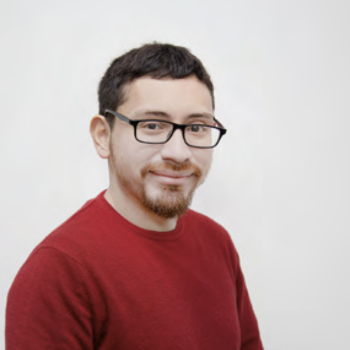
Mr. Eduardo Ferreyra
Mr. Eduardo Ferreyra works for the Asociación por los Derechos Civiles (ADC) researching and reviewing policies and legislation affecting human rights in the digital realm.
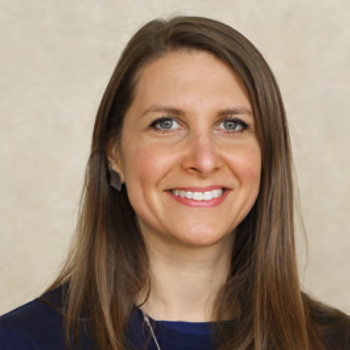
Ms. Lisa Ginsborg
Ms. Lisa Ginsborg is Acting Secretary General of the European Digital Media Observatory (EDMO).
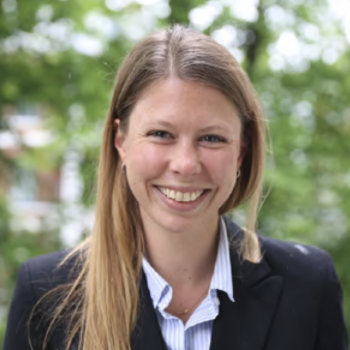
Ms. Amélie Heldt
Ms. Amélie Heldt is a researcher at the Leibniz Institute for Media Research | Hans-Bredow- Institut, Hamburg.

Ms. Thamy Pogrebinschi
Ms. Thamy Pogrebinschi is a senior researcher at the WZB Berlin Social Science Center and faculty member of the Berlin Graduate School of Social Sciences at the Humboldt University in Berlin.

Mr. Pablo Anselmo Tettamanti
Mr. Tettamanti is currently serving as the Secretary of Foreign Affairs of the Republic of Argentina.
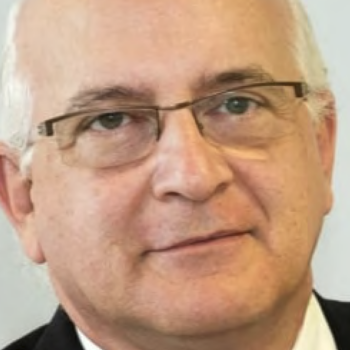
Mr. Javier Zarzalejos
Mr. Javier Zarzalejos is a Member of the European Parliament in the Group of the European People´s Party. He is Vice Chair of the Special Committee on Foreign Interference in all Democratic Processes in the European Union.

Ms. Laura Zommer
Ms. Laura Zommer is the Executive Director and editor-in-chief of Chequeado, the first initiative of fact-checking and verification of public discourse in Latin America.
Programme
5:30 pm | Expert Panels
Moderator:
Ms. Carolina Chimoy
Deutsche Welle
5:35 pm | Setting the Scene
Setting the Scene:Disinformation and Democracy
For Europe as well as Latin America and the Caribbean online communication and its misuse is a “trending topic”. News are disseminated rapidly through social media and influence public opinion making. What are current debates and trends in Latin America and Europe around digital content moderation, social media and disinformation? Experts from civil society and academia provide an analytical background and present the latest findings.
Speakers:
Mr. Paul Fehlinger
Co-Founder and Deputy Executive Director, Internet & Jurisdiction Policy Network, France
Mr. Eduardo Ferreyra
Senior Project Officer, Asociación por los Derechos Civiles (ADC), Argentina
Ms. Amélie Heldt
Researcher, Power of Opinion & Digital Media, Leibniz Institute for Media Research, Germany
Q&A
6:15 pm | Good Practices from the Regions
Good Practices from the Regions
Europe and LAC face the challenge of finding suitable solutions to tackle disinformation. In this dialogue examples of fact checking online content and ideas to strengthen democratic forces will be shared: What can Europe and LAC learn from each other in the fight against disinformation?
Speakers:
Ms. Lisa Ginsborg
Acting Secretary-General EDMO Hub, European Digital Media Observatory, EU
Ms. Thamy Pogrebinschi
Senior Researcher, LATINNO and Collective against the COVID-19 Pandemic: The Role of Civil Society in Endangered Democracies, Berlin Social Science Center (WZB), Germany Observatory, EU
Ms. Laura Zommer
Executive Director and editor-in-chief, Chequeado, LatamChequea in partnership with UNESCO, funded by the EU
Q&A
7 pm | Wrap-up
